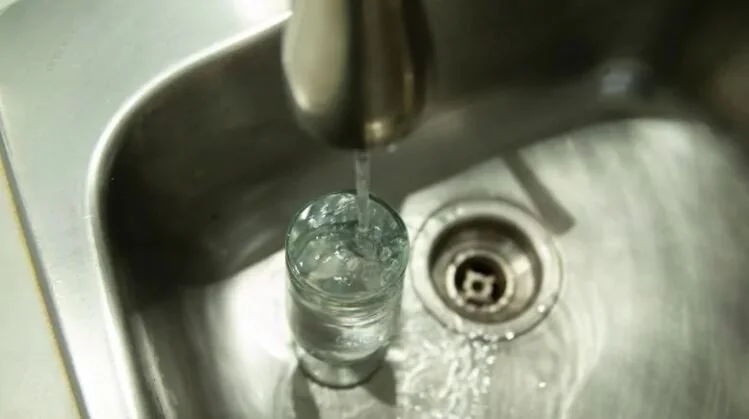Halifax Water is considering an expensive proposal to speed up the replacement of its customers’ underground lead pipes in the wake of a groundbreaking investigation, exposing widespread risk of contaminated tap water in hundreds of thousands of homes in Nova Scotia and across Canada. The utility board will review a report during a meeting on Thursday that cites the Tainted Water series as an impetus for the recommended course of action. The new plan would cost $14 million, but save money in the long run, the report said.
Testing suggests 1 in 5 Winnipeg homes with lead pipes have unsafe levels of lead in drinking water
One in five Winnipeg homeowners with lead pipes will get unacceptable levels of lead in their drinking water the moment they turn on the tap, according to the City of Winnipeg. Under the city's lead water quality testing program, samples were taken from 268 homes with lead pipes between Aug. 15 and Nov. 19. The testing was done to ensure water quality met new national guidelines for lead in drinking water, which cut the acceptable amount of contamination in half last March. "Overall, the results are as expected," Renee Grosselle, manager of environmental standards with the City of Winnipeg, told reporters Tuesday afternoon.
Côte Saint-Luc has some of the worst tap water in Quebec due to lead contamination
The Montreal Island city of Côte Saint-Luc has some of the worst tap water in the province, according to testing results for lead released through access to information legislation. The test results, compiled by Quebec’s Environment Ministry, show that 46 tap water samples from the Montreal Island city of 30,000 people had more than 10 parts per billion (ppb) of lead over a four-year period from 2015 to 2018.
Children in schools and daycares across Canada are exposed to unsafe water
Many children in schools and daycares across Canada are likely being exposed to dangerous levels of lead in their drinking water and don’t know it, because most provinces aren’t requiring comprehensive testing at the taps, according to a collection of provincial studies and internal briefing material. The internal briefing material included memos and other advice prepared for high-ranking government officials in several provinces. These documents were released through freedom of information legislation to Global News as part of a joint year-long investigation into drinking water in partnership with Concordia University’s Institute for Investigative Journalism and other media organizations.





